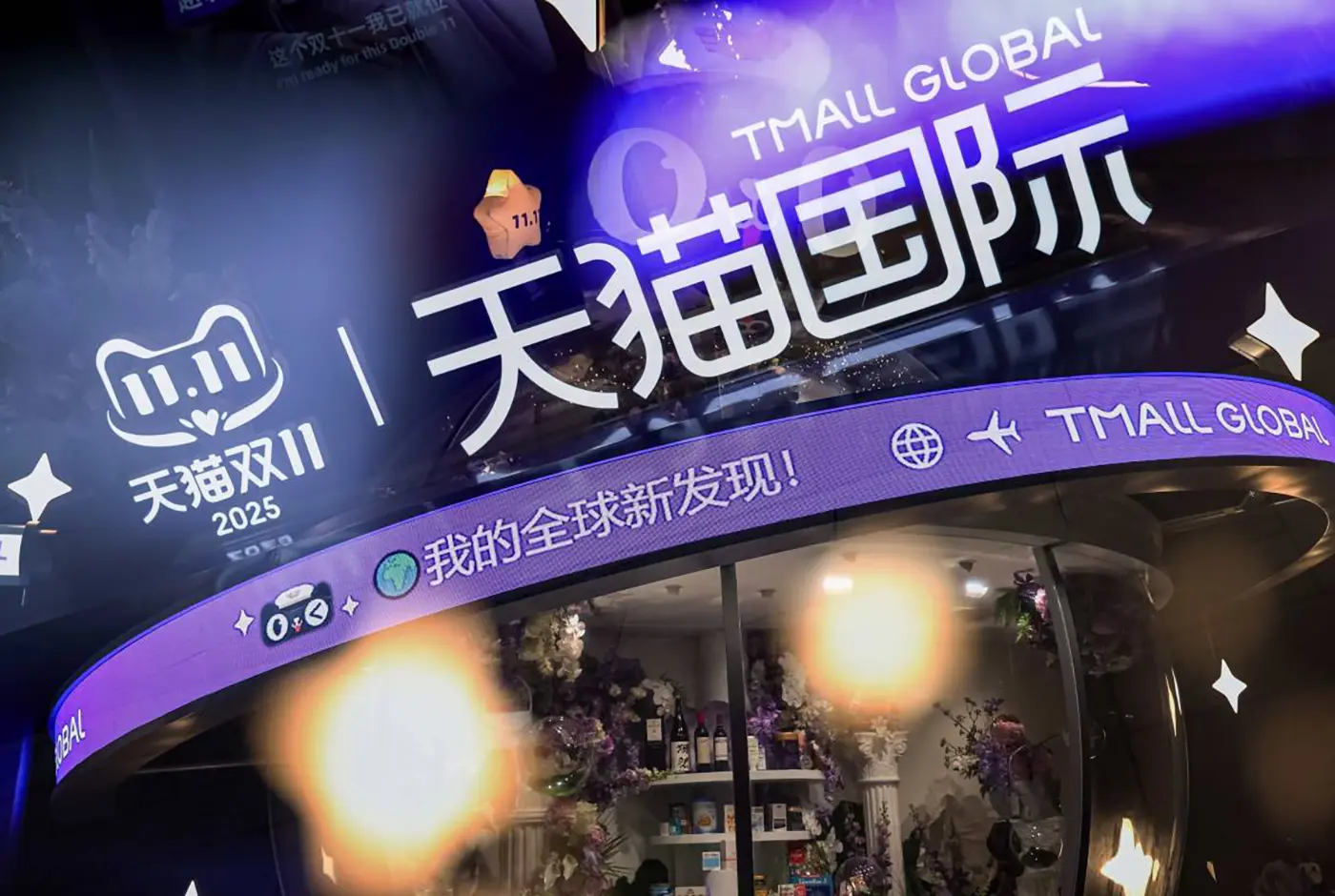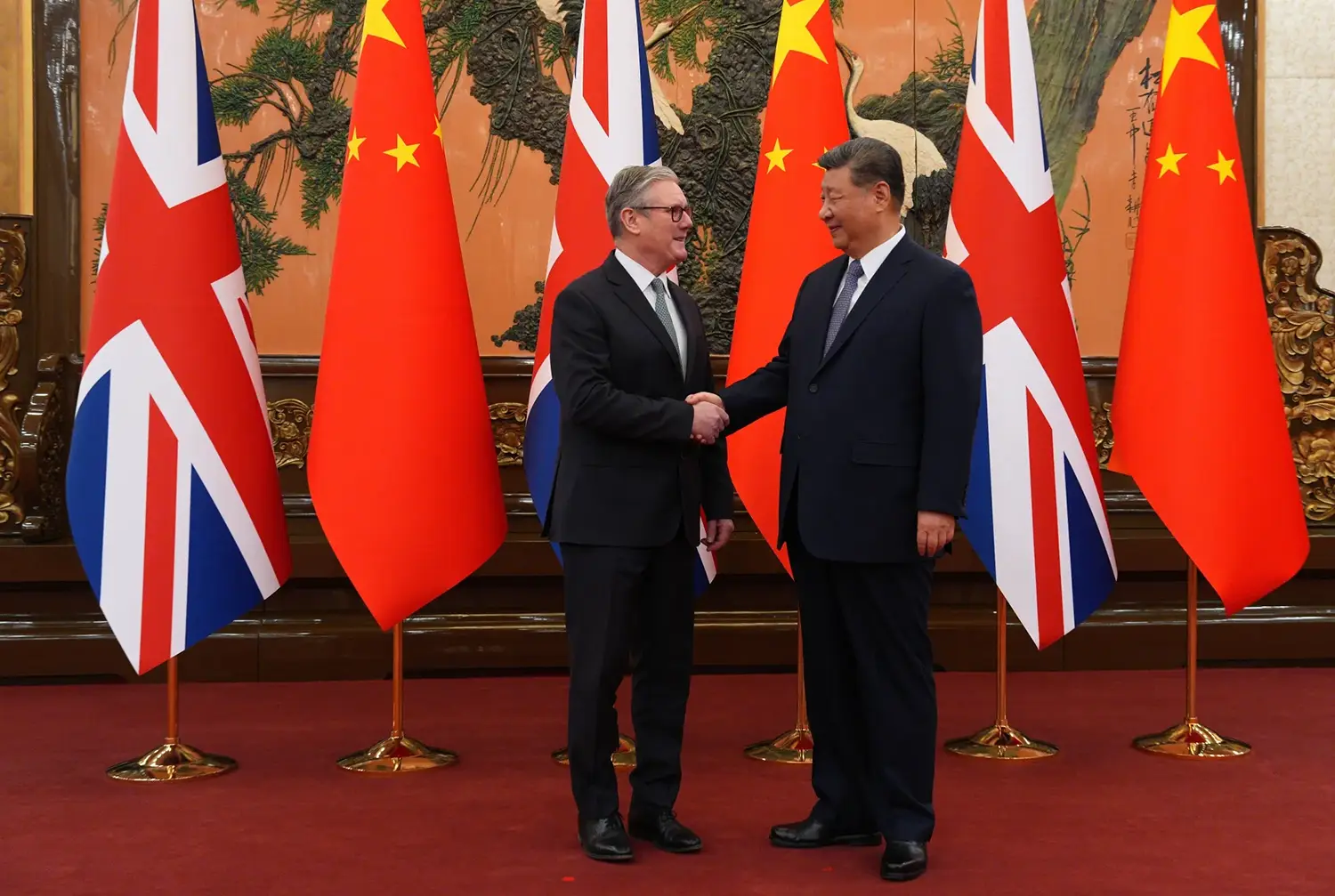The success of the iPhone 15 in China speaks to the enormous opportunity that exists in this market for foreign companies—as well as the resilience of the Chinese consumer.
Earlier this month after the reported crackdown on Chinese officials’ iPhone use, investor alarm wiped nearly $200bn off Apple’s market value. Huawei’s Mate 60 Pro also hit shelves this month, leading many commentators to suggest there would be a “nationalist” pivot by consumers away from Apple.
That struck me as lazy analysis—and reflected an unfortunately-common misunderstanding of Chinese consumer preferences.
Sure enough, Apple stores have been packed since the iPhone 15 was released on Friday. Tmall and JD reported heavy pre-order flow before the Friday launch, and Apple’s China website even crashed due to high traffic. JD’s instant delivery platform reported that in the first two hours after the release, iPhone 15 sales were up 253% from the launch of last year’s iPhone 14.
And the face of so much negative buzz around the Chinese economy, consumers are still splurging upwards of $2,000 for the new iPhone. We’ve been saying all year that brands are reporting huge numbers out of China.
As Zak Dychtwald pointed out, the notion that Chinese consumers are motivated by nationalism in their purchasing decisions does not align with the evidence. Just like in other markets, Chinese consumers are primarily swayed by considerations of quality, price, and branding.
If nationalism was a major factor in purchasing decisions, Apple wouldn’t be so successful in China—the Chinese smartphone market is crowded with local heavyweights.
Huawei draws the most global attention, but homegrown brands like Xiaomi, Oppo, Vivo, OnePlus, and Realme also offer great smartphones covering the high-end, mid-range, and affordable price brackets. These smartphone brands reflect the strength of Chinese product development and technology innovation.
But Apple dominates the market. The iPhone 13 was the best selling smartphone in China in 2022. Apple has the highest market share in the premium smartphone segment. China is Apple’s second largest market and has been its best performing market of 2023—Apple’s China sales were up 8% last quarter, even as global revenue decreased.
Apple’s success in China is about the products, but also the brand.
Apple’s users in China are professionals who aspire to participate in the global consumer marketplace. The iPhone is perhaps the quintessential global consumer product. In China, owning the latest iPhone—along with complementary products like AirPods and an Apple Watch—has comparable signaling effects to wearing luxury brands. Consumers in China strongly identify with Apple on a personal and cultural level, much like young consumers in the US do. Tim Cook was treated as a celebrity in China on his visit earlier this year.
My takeaway: China is lucrative for brands who offer great products and effective branding like Apple.





